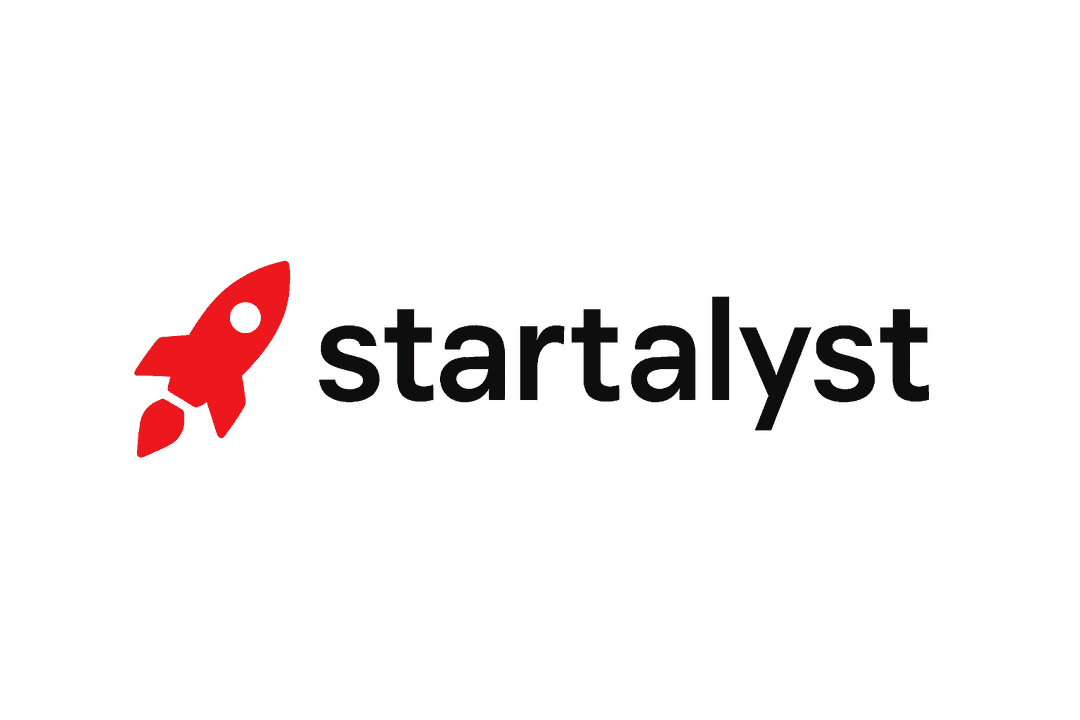Business Ideas For Small Towns Starter Guide
How to Get the Best Results
Small towns reward practical, locally tuned businesses more than flash or scale. Focus on low-overhead, community-focused services that fill obvious gaps on Main Street, at the farmers market, or through door-to-door convenience.
Use the generator above to combine your real skills, interests, capital and available hours into actionable ideas for business ideas for small towns, then pick one idea and run a three-month trial with measurable goals.
Step 1 — Who are you?
Start by listing the real backgrounds you have so the generator can match strengths to realistic, place-based opportunities.
- Former teacher — lesson planning — Your ability to structure learning lets you run after-school tutoring, summer enrichment camps, or adult classes that community members actually attend.
- Restaurant cook — food preparation — Kitchen skills position you to open a low-cost pop-up, catering for local events, or a meal-prep service for busy families.
- Handyman — carpentry — Practical trade experience gives you credibility for small renovations, seasonal repairs, and contract work for local landlords.
- Office administrator — bookkeeping — Administrative experience lets you offer payroll, tax prep, or part-time office services to nearby small businesses.
- Retail assistant — customer service — Frontline retail skills make it easy to launch a gift shop, consignment store, or curated thrift store that resonates with town shoppers.
- Farmer — growing — Agricultural know-how opens possibilities for a farm stand, CSA, plant nursery, or farm-to-table pop-ups for tourists.
- Event planner — coordination — Experience organizing calendars gives you a leg up on running local festivals, markets, and venue rentals that boost Main Street foot traffic.
Step 2 — Add interests & skills
Pick the interests and skills you enjoy most so the generator suggests ideas you will actually stick with in a small-town setting.
- Cooking for groups lets you design community meal nights and catered packages for local celebrations.
- Gardening invites options like a roadside plant stand, landscaping services, or workshops at the library.
- Mechanics enables a mobile tune-up service for rural drivers or a seasonal equipment repair shop.
- Teaching creates opportunities for private lessons, enrichment classes, or partnerships with the school for after-hours programs.
- Social media allows you to promote small-town events and niche stores to nearby towns and weekend visitors.
- Pet care offers options such as dog walking, pet sitting, or a low-cost grooming corner for busy neighbors.
- Food preservation suggests jarred goods, pickles, and jams sold at markets and tourist shops.
- Photography positions you to sell town prints, do family portraits, or provide event coverage for local milestones.
- Crafts encourages a maker booth at markets, a permanent craft shop, or workshops hosted in the community center.
- Delivery driving makes a local courier or grocery delivery service for seniors a practical business idea for small towns.
- Carpentry supports micro-manufacturing of furniture, custom barn repairs, and weekend market sales of small wood goods.
- Community organizing helps you start subscription boxes, farmers market coordination, or a volunteer-run tourism program.
Step 3 — Set available capital
Choose the capital range you can realistically invest, and the generator will bias toward ideas that match startup cost and local return timelines.
- ≤$200 You can test pop-up stands, online reselling, and home-based services with minimal risk and fast feedback in a small-town market.
- $200–$1000 You can buy basic equipment, build a simple website, or rent a market stall to validate ideas like food carts and craft studios.
- $1000+ You can lease a small Main Street space, buy specialized tools, or fund a marketing push to attract regional customers and tourists.
Step 4 — Choose weekly hours
Be honest about time so the generator recommends ideas that fit your life and the rhythm of a small town.
- 5–10 hours Part-time availability suits online sales, tutoring sessions, or weekend market booths that scale slowly.
- 10–20 hours A modest part-time schedule supports a small repair service, catering side hustle, or pop-up coffee cart on busy mornings.
- 20+ hours Full-time commitment allows you to operate a brick-and-mortar shop, run events, or manage seasonal tourism offerings.
Interpreting your results
- After you run the generator above, prioritize ideas that match two or three of your strongest skills and one realistic capital tier. In small towns, trust and consistency matter more than aggressive scaling.
- Look for ideas that use existing local assets like a farmers market, school calendar, or weekend tourist traffic; those reduce marketing costs and speed adoption. If an idea requires specialized permits, add that to your startup checklist and set a timeline to secure approvals before you spend heavily.
- Plan a simple test: a single weekend popup, a two-month social media campaign, or five paid leads to see if demand is real. Track customer acquisition costs, repeat visits, and word-of-mouth referrals to decide whether to invest more.
- Finally, cultivate partnerships with other local businesses and civic groups to share overhead, cross-promote, and build a resilient presence that fits the pace of small-town life.
Use the generator above to iterate on combinations until you find a small set of business ideas for small towns that match your skills, interests, budget, and schedule, then pick one to test quickly.
